
2025

At the beginning of 2025, ECOS was appointed a member of the EU’s Ecodesign Forum, and we wasted no time in working to fulfil the potential of this new and ambitious piece of EU legislation, which holds the key to pushing polluting goods off the market.
Ecodesign


The ECOS regional office in Nairobi, Kenya is shifting from programme design to implementation, with new and expanded partnerships, projects, and topics that reinforce our work towards global standards and policies with strong environmental principles.
Global engagement


Our work showed policymakers that green public procurement in the construction sector can and should be mainstreamed across Europe – fostering decarbonisation and contributing to a competitive economy.
In 2025, we further emphasised the importance of inclusiveness in standardisation, connecting with more and more stakeholders at international, regional, and national level, and strengthening the voice of civil society in standards-making.
Inclusiveness in standardisation


We helped secure the first EU-wide legal framework for Member States to protect and restore soil health. The EU Soil Monitoring and Resilience Directive will establish an EU-wide soil health monitoring system, enhancing the availability and comparability of key soil health data across EU Member States
As one of the very few civil society voices active in the development of biodiversity standards, in 2025 ECOS ensured that the frameworks being used support consistency between biodiversity goals and wider corporate sustainability strategies, working towards societal and environmental goals.
With approximately 97% of the EU building stock to be upgraded, sufficiency and proactive material selection are necessary to reduce resource extraction and embodied carbon in the construction sector. However, we can only choose sustainable materials if information on the environmental performance of products is reliable and comparable.
Construction
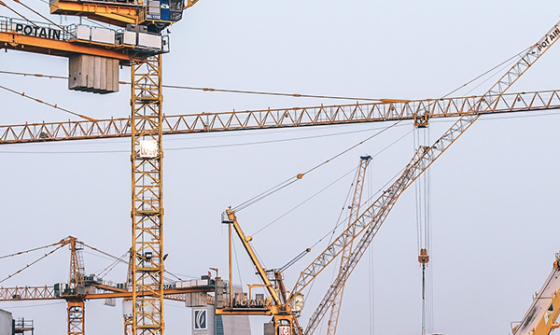

Demand-side flexibility is a key ingredient of the EU’s energy transition, making widescale electrification a reality by coordinating how and when large devices such as heat pumps, electric vehicle batteries (and their chargers), solar panels, and stationary batteries use the most electricity. ECOS advocates for the best tools to help protect the grid, unlock energy savings, and maximise the use of renewables.
Over 10,00 organisations globally have committed to or have already set net zero targets. With unique expertise on carbon accounting techniques and standardisation processes, ECOS continues to be a leading voice in the global debate that will determine if these commitments are translated into real and deep emissions reductions.
Our homes and workplaces are full of energy-using products – from phones and tablets, computers and printers, servers, to washing machines. In 2025, ECOS work on material efficiency helped to prolong the life of these products, saving energy for the planet and money for consumers.
Material efficiency



2024

A new and environmentally ambitious European standard series on the circular design of fishing gear and aquaculture equipment will help to reduce plastics, microplastics, and other waste in our oceans.
Plastics
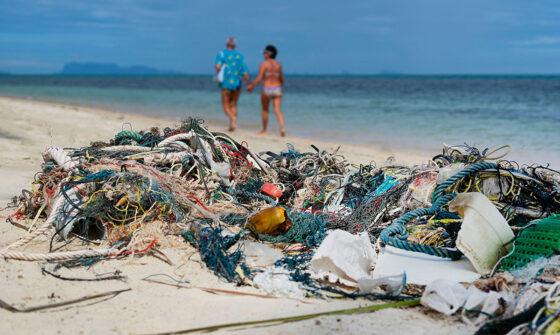

We need sustainable products to be the norm – a long-standing priority for ECOS. To reduce wasted resources and limit the impact products have on the environment at every stage of their lifecycle – short-lived, disposable, toxic, and unrepairable items must become a thing of the past. Enter ecodesign.
Ecodesign


The EU now has a Right to Repair Directive — and ECOS was fundamental in making it happen! This is an important milestone that will help to stem the flow of one of the fastest growing waste streams: electronic waste. Not all products are covered by this law, so there is still work to do before we can talk about a truly universal right to repair in Europe, but in 2024 we took a big step towards it.
Repair


For batteries to have a low carbon footprint, they must be durable, repairable, reusable, and recyclable—with no materials used unnecessarily. But how can consumers know if that’s the case or not? For every carbon footprint claim there is a method to calculate it. This year, ECOS made sure one such method for electric vehicle batteries was revised to avoid greenwashing. Read how!
Batteries
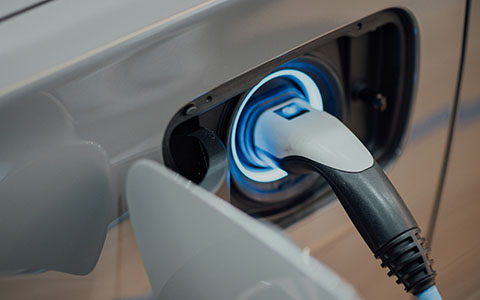

2024 began with ECOS opening a new office in Nairobi focusing on the African region. Be it international standards or the global Plastics Treaty, we have long worked on topics with a global environmental impact, but opening an Africa office was our first official step towards a truly global presence — and what a year it has been!
Africa
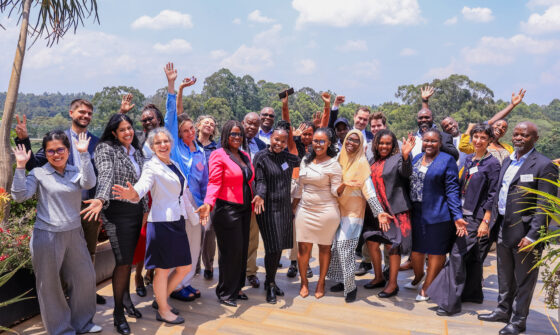

Against a backdrop of political shifts, competing interests, and the stark realities of a changing climate, 2024 was challenging – but still a year when ECOS expanded its reach and grew influence in new, key sectors. Be it Green Public Procurement, soil or critical raw materials, we helped shape the agenda and pushed for ambitious solutions, building new programmes and powerful alliances along the way. Read on to learn which new areas you can get involved in with us!
Impact


Public procurement accounts for 15% of the EU’s GDP but fewer than half of public contracts are awarded with the environment in mind. One sector in particular deserves more attention when considering the role of GPP: construction.
Green Public Procurement
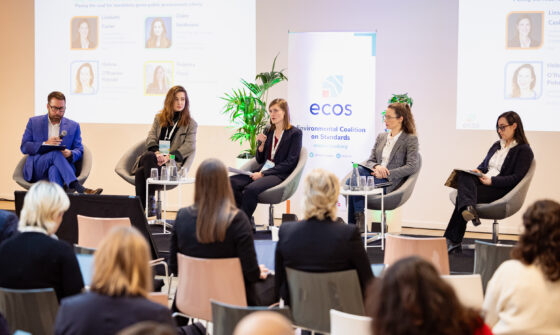

As the climate crisis worsens, pressure is mounting on corporations to take meaningful action – ushering in a whirlwind of dubious climate pledges. Carbon accounting standards can drive transparency, accountability, and measurable emissions reductions – or they can become a license for greenwashing by creating loopholes that allow organisations to understate their negative environmental impacts. In 2024, ECOS worked to turn the tide towards the science-based standards that are needed to achieve our global climate goals.
Carbon accounting
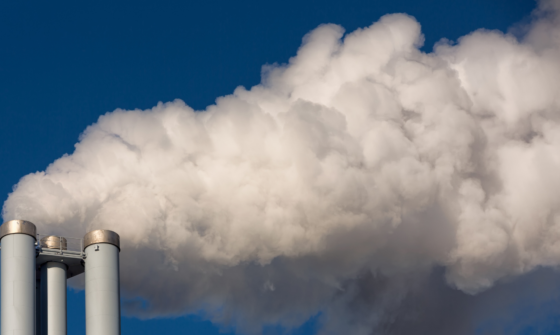


2023

Short-lived, disposable, toxic, and unrepairable items must become a thing of the past!
A very ambitious Ecodesign for Sustainable Products Regulation – a ground breaking piece of legislation, will ensure sustainability is built into product design on an extensive, unprecedented scale.
Ecodesign


In 2023, ECOS worked to curb the proliferation of plastics – in different parts of the world.
Plastics
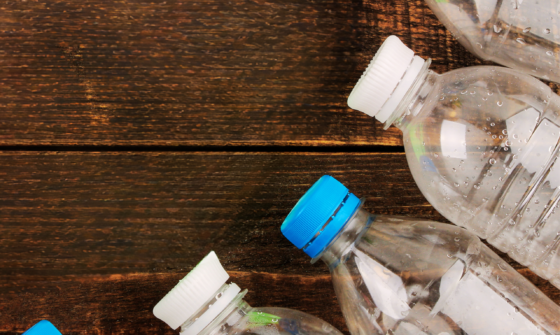

Thanks to our efforts in 2023, we could soon see an end to the wild west of green claims. No more dubious ‘planet friendly’ or ‘100% green’ slogans presented alone on a billboard.
Environmental transparency


Our strategic interventions laid the foundation for a more robust and inclusive circular economy reporting framework worldwide, steering the course towards a real transition to a circular economy.
Circular economy


Our work in 2023 has paved the way to make sustainable construction products and practices the norm.
Construction
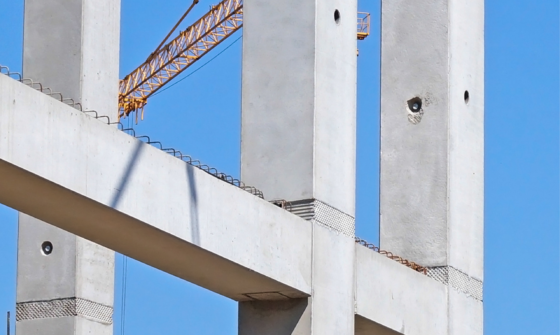

F-gases, commonly used in household appliances like fridges, air conditioners, and heat pumps, will finally be phased out in the EU.
F-gases


The EU Battery Regulation is the first-ever product policy that covers the entire product value chain.
Batteries
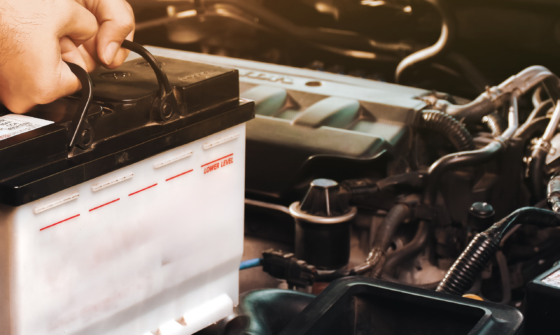

Building on our longstanding efforts, ECOS helped shape a greener future for electronics in 2023.
Electronics



2022

In 2022 the EU finally launched an initiative which could make sustainable products the norm
Ecodesign


In 2022, ECOS welcomed the EU Strategy on Sustainable Textiles.
Textiles
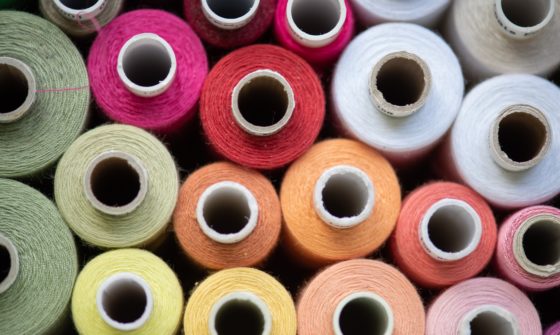

A unique opportunity to make standards work for the environment and strive for civil society voices to be properly represented.
Standardisation
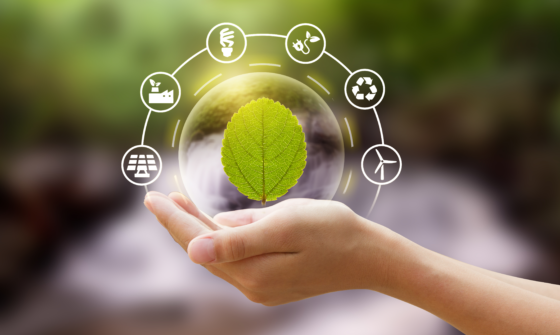

2022 brought important steps in our transition to efficient, renewable and clean heating.
Heating
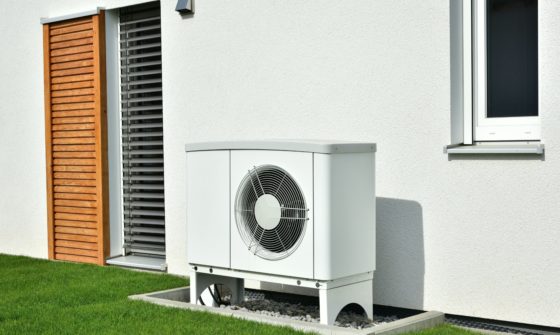

2022 brought new rules to reduce the environmental impact of everyday devices such as smartphones and printers.
Ecodesign & electronics


The construction sector and the CPR must work towards sustainability.
Construction


It is essential to rapidly decarbonise the production of cement.
Cement



2021

To be climate-neutral by 2050, we need to stop selling fossil-fuel boilers as of 2025.
Ecodesign


Plastic-related laws and standards must truly work for the planet.
Plastics
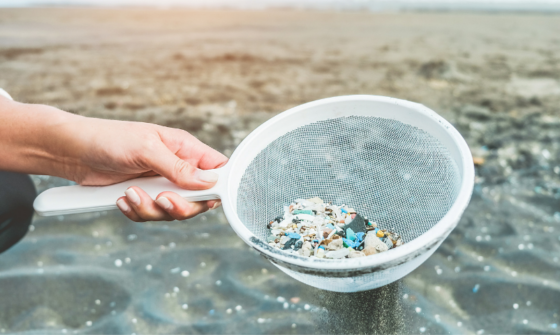

Soon, two standards will determine how we charge electric cars, and change the way electricity flows in our homes.
Smart Charging
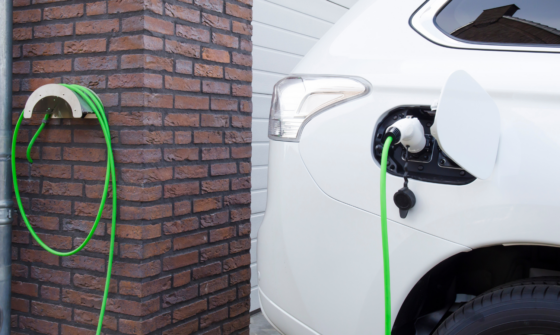

A potentially misleading ISO standard on ‘radiative forcing management’ did not see the light of day.
International Standards


In 2021, the European Commission unveiled its long-awaited proposal for a common charger for electronic devices.
Common Charger
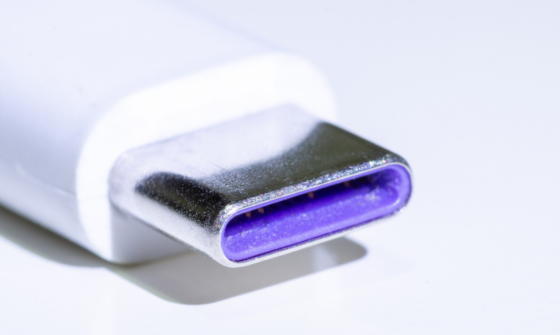


2020

A perfect tool for environmental change
No more delays for the Ecodesign Package
Ecodesign
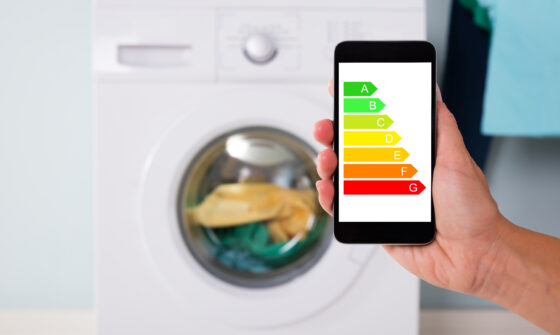

Making products environmentaly sustainable by design
Standards


Making cement fit for the 21st century
Standards
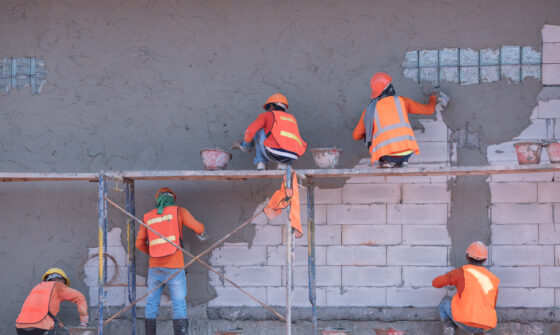

No such thing as environmentally friendly plastic
Plastic



2019

better products for a greener Europe
Ecodesign
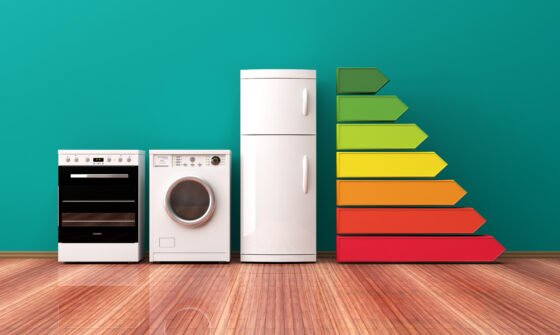

for which we keep fighting on all fronts
Repair


reduce, reuse, redesign!
Plastic


breaking down barriers to climate friendly solutions
Refrigerants
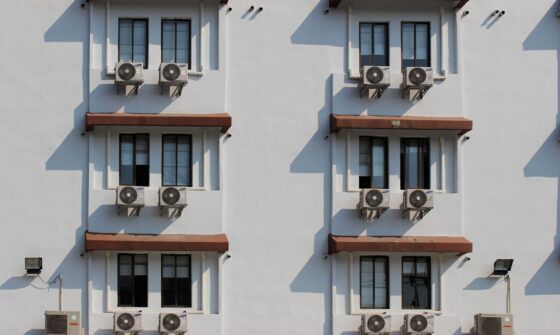

bringing clarity on a very complex issue
Anti-circumvention



2018 & before

ECOS fight against flame retardants
Chemicals


all over the world thanks to ISO 14000 standards
Standards


ECOS is co-funded by the European Commission and EFTA

 Funded by the European Union. Views and opinions expressed are however those of the author(s) only and do not necessarily reflect those of the European Union or EISMEA. Neither the European Union nor the granting authority can be held responsible for them.
Funded by the European Union. Views and opinions expressed are however those of the author(s) only and do not necessarily reflect those of the European Union or EISMEA. Neither the European Union nor the granting authority can be held responsible for them.
